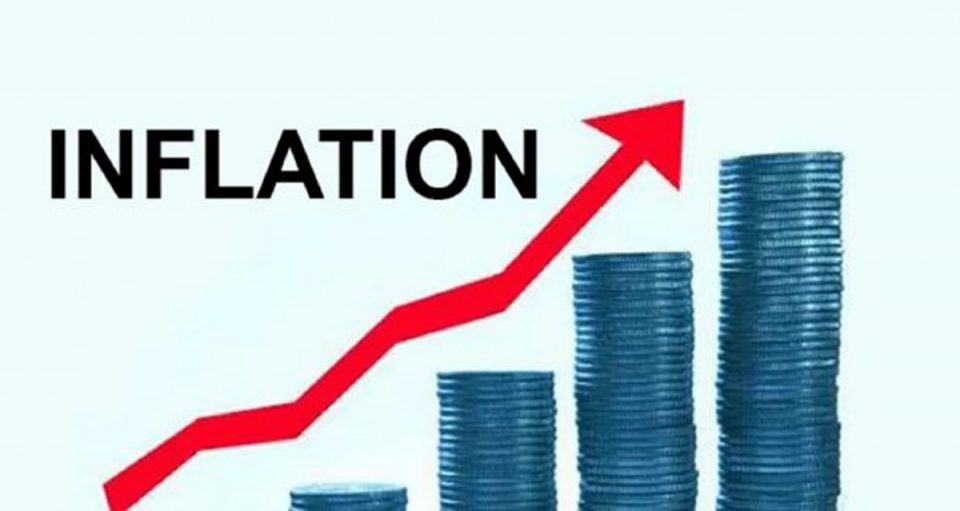Inflation can’t reduce with high fuel price – Abuja chamber
The rising cost of Premium Motor Spirit, popularly called petrol, which now sells between N400 and N700/litre in some states in Nigeria, is not going to allow improvement in Nigeria’s high rate of inflation, the Abuja Chamber of Commerce and Industry, stated on Thursday.
It said virtually all efforts of the Federal Government in tackling the high rate of inflation had failed to yield desired results, stressing that it was now vital to address the fundamental causes by making a positive business climate in Nigeria a reality.
The President, ACCI, Al-Mujtaba Abubakar, disclosed this in Abuja, while reacting to the latest rise in Nigeria’s headline inflation to 21.91 per cent in February 2023, which was the country’s highest in 18 years.
“While we appreciate the efforts of the administration to tame the increasing inflation rate, we note that the situation is far from improving. This has complicated the business climate and deepened challenges facing small scale businesses.
“The increase can be attributed mainly to the fuel scarcity being experienced in the country, where many resolve to buy at black market rate. Price per litre goes for between N400 to N700, depending on where you are buying from.
“This occurrence tends to have a negative effect on businesses as fuel and diesel is the major source of energy for running businesses. This invariably leads to the spike in the cost of production, coupled with logistic issues that have been compounded by insecurity,” Abubakar stated.
He further noted that the Russian-Ukraine war was still biting hard on the global market, which made wheat, bread, gas and others, to be relatively expensive.
On measures to tackle the challenge, the ACCI helmsman said, “The government should implement business-friendly policies, unlike the cash swap policy that negatively affected businesses, especially the MSMEs.
“The government should intensify the rehabilitation of refineries in the country and concession them out to private entities.
“The executive and legislative arms of government should speed up the passage of the bill to unbundle the transmission aspect of electricity in Nigeria as it will make the power sector deliver on its mandate to serve Nigerians efficiently.”
The ACCI also noted that tax harmonisation would improve the ease of doing business, make the market competitive and reduce business mortality.
“Government should begin to make use of satellites for surveillance by equipping the space agency to improve, in addition to the equipping and retooling of our armed security forces.
“The effect of high inflation will reduce the purchasing power of the masses making basic necessities unaffordable for the ordinary man. It will further worsen the unemployment rate in the country and make it harder for start-up businesses,” the ACCI president stated.
On the international scene, Abubakar said the high rate of inflation in NIgeria would make the naira less competitive against other national currencies.
In another development, the chamber pointed out that the lack of clarity of who to pay tax to by hoteliers in the Federal Capital Territory had resulted in business owners paying double tax, stressing that this was the fastest way to kill businesses in the FCT.
It said the decision to seal hotels in the FCT should be reviewed due to tax matters and the attendant negative impact it would have on the economy of Abuja and Nigeria.




